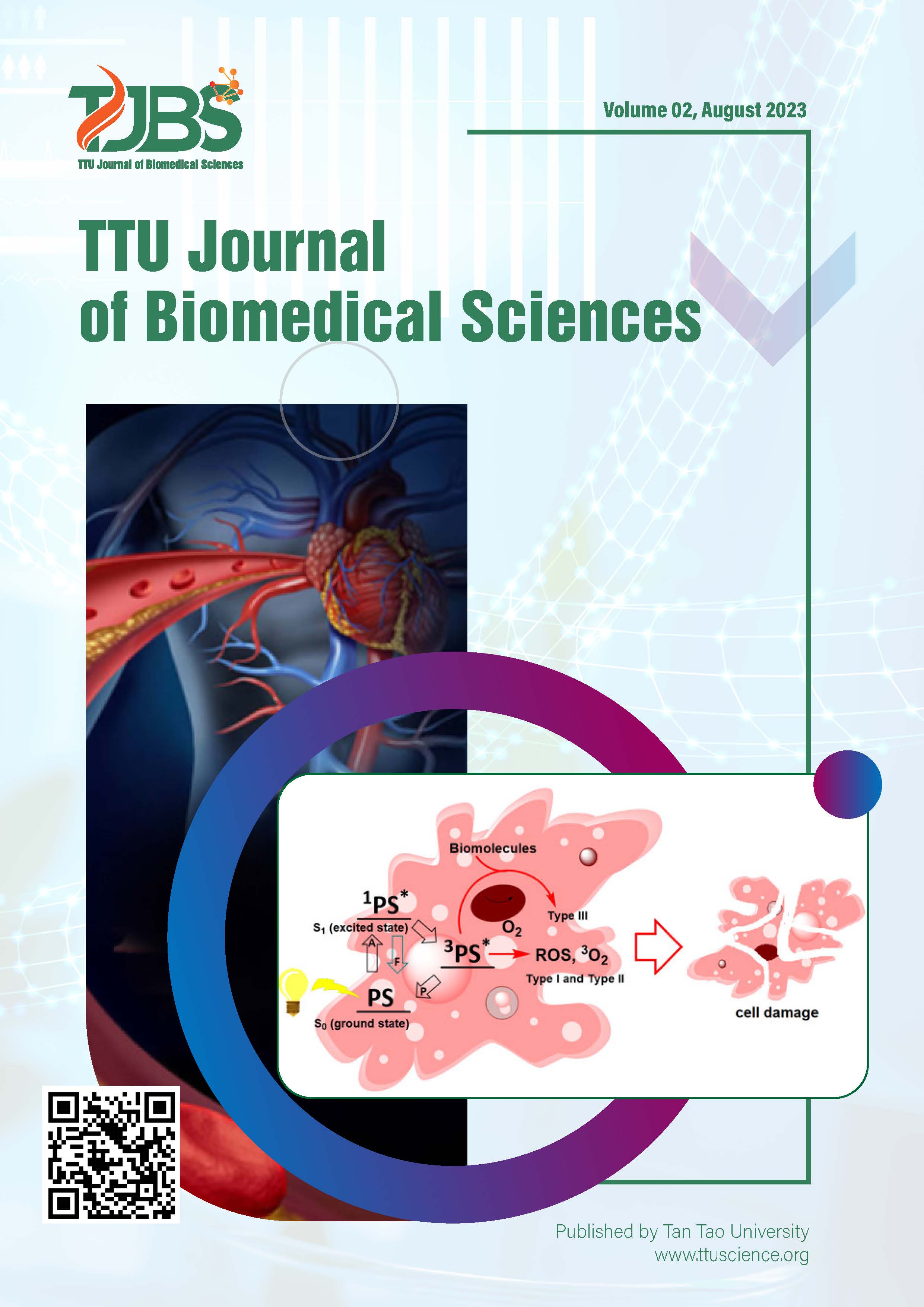
Amiodarone-Induced Delirium
- Articles
- Submited: October 10, 2023
-
Published: October 20, 2023
Abstract
Amiodarone is a complex drug for the treatment of atrial fibrillation (AF) and ventricular tachyarrhythmias (VTs). Amiodarone can cause a lot of side effects, including pulmonary toxicity, exacerbation of arrhythmia, hyper and hypothyroidism, and hepatic failure. Amiodarone can also cause neurological symptoms, such as tremors, poor coordination, balance disturbances, dizziness, myoclonic jerks, myopathy, and peripheral neuropathy. Amiodarone could cause delirium, depression, insomnia, agitation, confusion, and fatigue. In some cases, patients may experience sensory disturbances, such as visual or auditory hallucinations. A case report of a patient developing delirium after starting amiodarone and improved after discontinuing amiodarone. The exact mechanism of this side effect is not fully understood. In the care of patients receiving amiodarone, the patients should be closely monitored for signs of delirium, particularly with higher doses, new onset of symptoms after drug initiation, and longer treatment durations. Prompt recognition and management of amiodarone-induced delirium are essential to prevent complications and ensure optimal patient outcomes.
